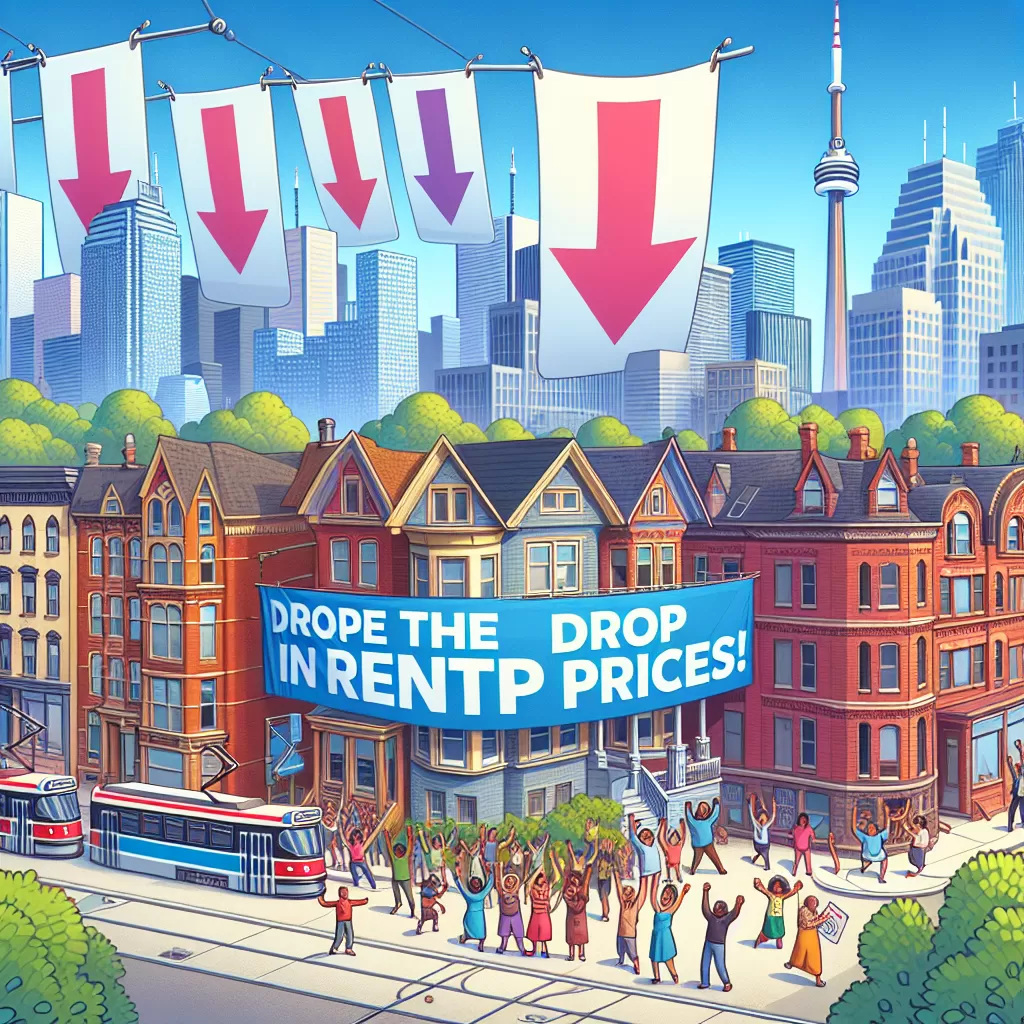When Will Rent Go Down In Toronto
Follow Currency Mart April 4, 2024
Where to purchase Foreign Currencies?

When Will Rent Go Down in Toronto?
Toronto's vibrant culture, established financial sector, and world-class education institutions make it a highly desirable place of residence. But this popularity comes at a price - inflated housing costs. In this article, we delve into analyzing key factors influencing Toronto's steep rent prices and predictions on when these prices may decline.Understanding Toronto's Real Estate Market
The real estate market in Toronto is driven by various factors. An undeniable element is the basic principle of supply and demand. The city's continuous population growth, fueled by international immigration and inter-provincial migration, increases housing demand. Limited supply, due to restrictions on urban sprawl and the time required to construct new houses, also contributes to high rent prices.The Impact of COVID-19 on Toronto's Rental Market
The pandemic has significantly affected the rental market in Toronto. With travel restrictions and remote work policies, demand for rental properties, especially in the downtown business district, saw a decline. Despite this, instead of decreasing, rents remained relatively stable. This resilience is attributed to the renters' eagerness to take advantage of decreased competition and secure desirable locations, hoping for a post-pandemic return to normalcy.Economic Factors Contributing to High Rent
Toronto, as Canada's business capital, hosts many high-paying jobs, which increases the purchasing power of potential renters, further driving up rent prices. Moreover, with the Canadian economy having a high level of foreign direct investment, foreign investors often purchase properties in Toronto as a secure investment, increasing competition and contributing to high rents.Government Policies and Their Effects
Government policies greatly influence the pricing system in Toronto's housing market. Rent regulations, put in place to shield residents from price gouging, can paradoxically contribute to rent inflation. When put under regulatory constraints, landlords can choose to increase their rent at every given opportunity to safeguard against future fluctuations.The Future: When Will Rent Go Down?
Predicting when rent prices will decrease in Toronto involves considering all these factors. The rental market's future will be primarily determined by the balance between supply and demand. As more high-rise apartments and condos near completion, an increase in available rental units could lead to falling prices. However, it would also depend on how quickly normalcy returns post-pandemic. If businesses and higher education institutions reopen at full capacity, demand for housing may surge, preventing any dip in rent prices. Suppose the government tightens regulations on foreign housing investment, addressing housing shortages by accelerating construction projects. In that case, we may see rent stabilisation or potential decline sooner.Conclusion: A Dynamic Market
Toronto's robust economy, global appeal, and growing population mean that its rental market remains competitive. Although the unpredictable events surrounding the COVID-19 pandemic have brought some volatility, it is yet uncertain when Toronto's high rent prices will experience a significant decline. Further, the effects of incoming housing policies and global economic trends will help shape the future of rental prices in Toronto. Until then, potential renters and investors alike must stay informed and vigilant about the market's evolving dynamics. Interested readers should regularly consult reliable real estate news sources and consider seeking advice from qualified professionals to monitor Toronto's ever-changing rental landscape.
Where to purchase Foreign Currencies?